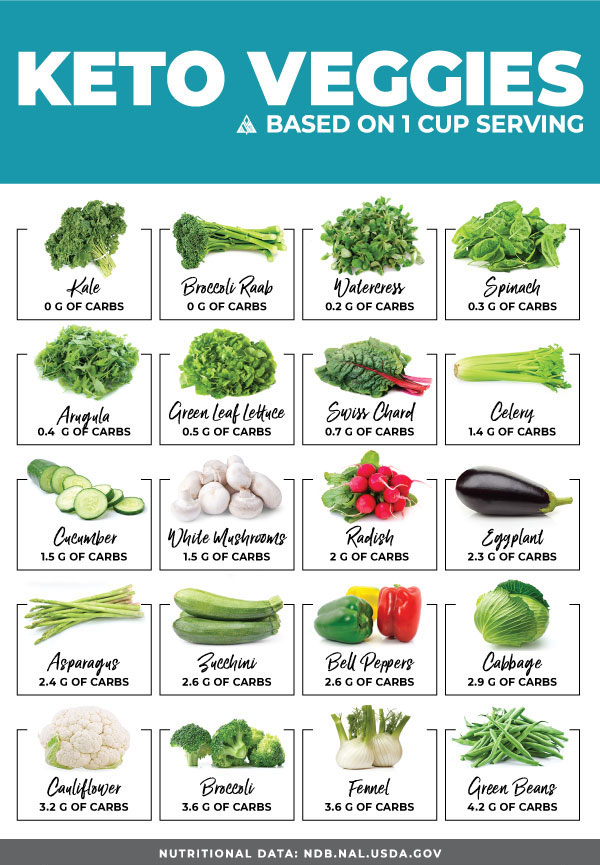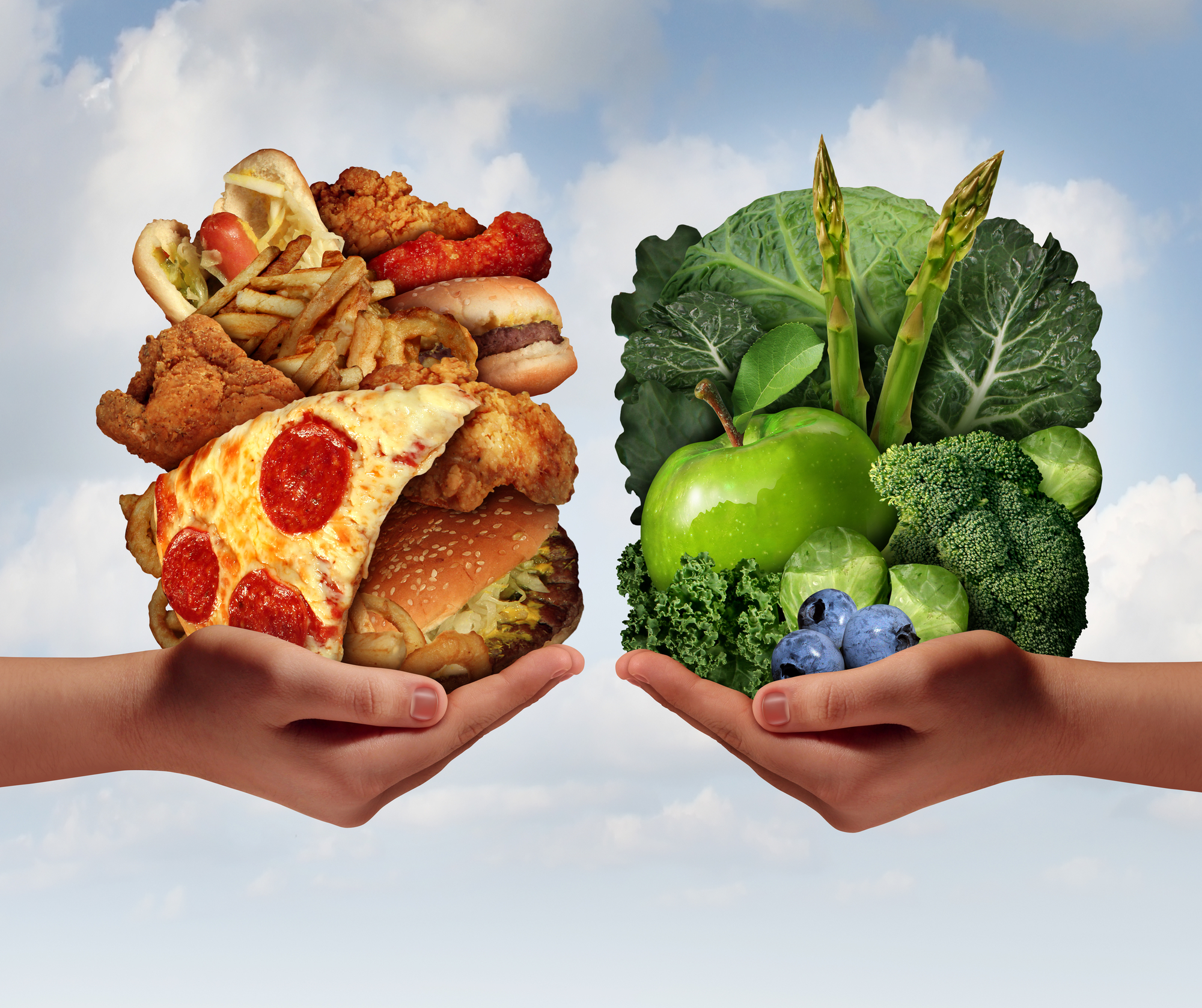Carbs are highly controversial these days.
The dietary guidelines suggest that we get about half of our calories from carbohydrates.
On the other hand, some claim that carbs cause obesity and type 2 diabetes, and that most people should be avoiding them.
There are good arguments on both sides, and it appears that carbohydrate requirements depend largely on the individual.
Some people do better with lower carb intake, while others do just fine eating plenty of carbs.
This article takes a detailed look at carbs, their health effects and how you can make the right choices.
Carbs, or carbohydrates, are molecules that have carbon, hydrogen and oxygen atoms.
In nutrition, "carbs" refers to one of the three macronutrients. The other two are protein and fat.
Dietary carbohydrates can be split into three main categories:
- Sugars: Sweet, short-chain carbohydrates found in foods. Examples are glucose, fructose, galactose and sucrose.
- Starches: Long chains of glucose molecules, which eventually get broken down into glucose in the digestive system.
- Fiber: Humans cannot digest fiber, although the bacteria in the digestive system can make use of some of them.
The main purpose of carbohydrates in the diet is to provide energy. Most carbs get broken down or transformed into glucose, which can be used as energy. Carbs can also be turned into fat (stored energy) for later use.
Fiber is an exception. It does not provide energy directly, but it does feed the friendly bacteria in the digestive system. These bacteria can use the fiber to produce fatty acids that some of our cells can use as energy.
Sugar alcohols are also classified as carbohydrates. They taste sweet, but usually, don't provide many calories.


Good Carbs:
- Vegetables: All of them. It is best to eat a variety of vegetables every day.
- Whole fruits: Apples, bananas, strawberries, etc.
- Legumes: Lentils, kidney beans, peas, etc.
- Nuts: Almonds, walnuts, hazelnuts, macadamia nuts, peanuts, etc.
- Seeds: Chia seeds, pumpkin seeds.
- Whole grains: Choose grains that are truly whole, as in pure oats, quinoa, brown rice, etc.
- Tubers: Potatoes, sweet potatoes, etc.
People who are trying to restrict carbohydrates need to be careful with the whole grains, legumes, tubers and high-sugar fruit.
Bad Carbs:
- Sugary drinks: Coca-cola, Pepsi, Vitaminwater, etc. Sugary drinks are some of the unhealthiest things you can put into your body.
- Fruit juices: Unfortunately, fruit juices may have similar metabolic effects as sugar-sweetened beverages.
- White bread: These are refined carbohydrates that are low in essential nutrients and bad for metabolic health. This applies to most commercially available breads.
- Pastries, cookies and cakes: These tend to be very high in sugar and refined wheat.
- Ice cream: Most types of ice cream are very high in sugar, although there are exceptions.
- Candies and chocolates: If you’re going to eat chocolate, choose quality dark chocolate.
- French fries and potato chips: Whole potatoes are healthy, but french fries and potato chips are not.
These foods may be fine in moderation for some people, but many will do best by avoiding them as much as possible.
BOTTOM LINE: Carbs in their natural, fiber-rich form are generally healthy. Processed foods with sugar and refined carbs are extremely unhealthy.

